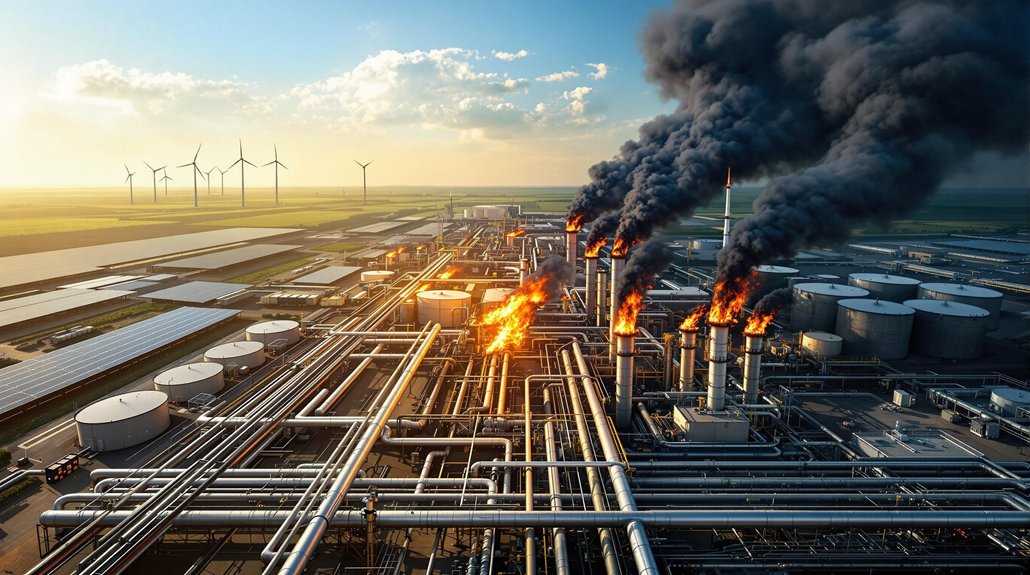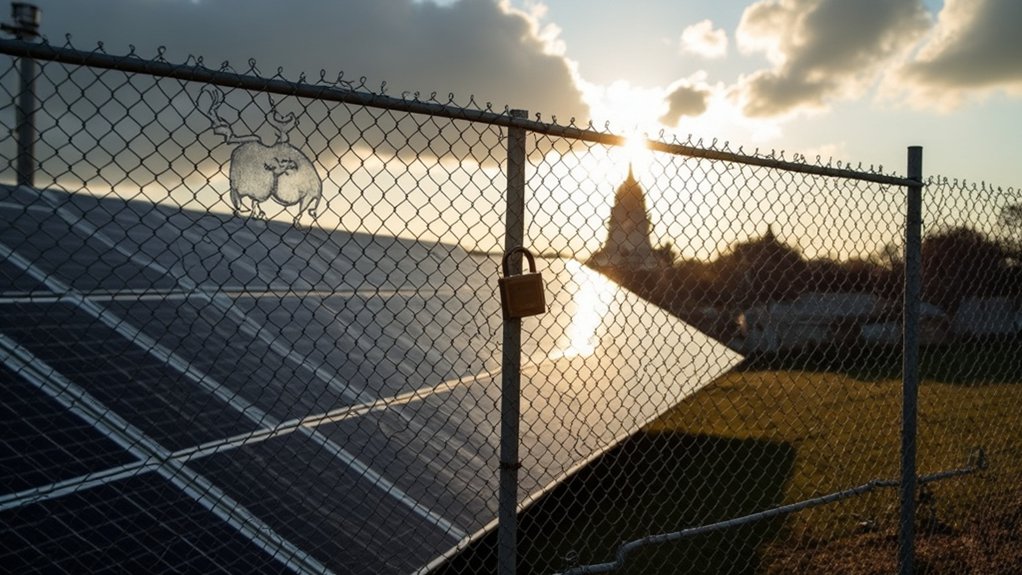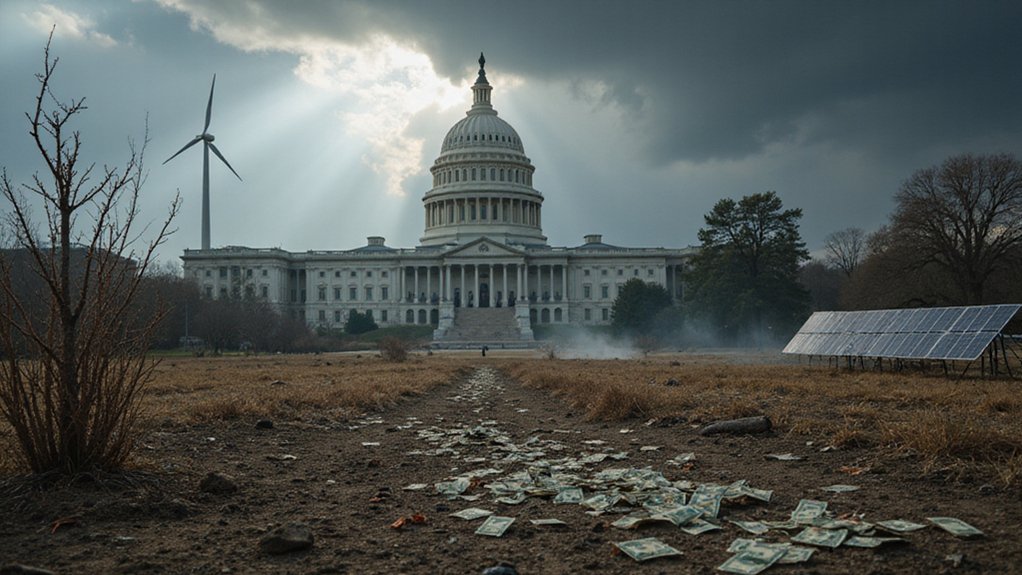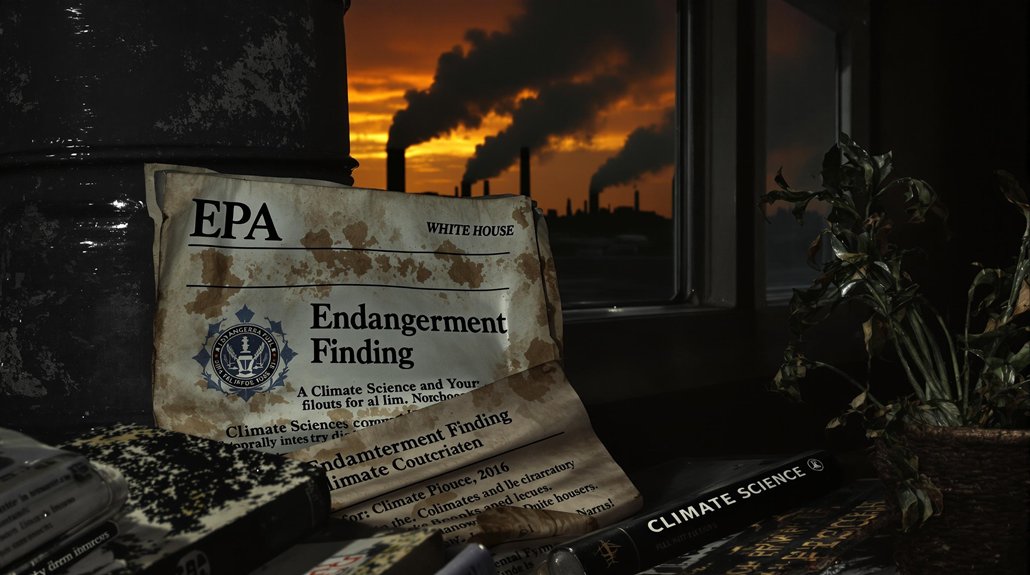The House will soon vote on H.R. 123, which would classify natural gas as “renewable” energy. Sponsored by Rep. John Smith (R-TX), the bill extends tax credits to gas projects and blocks local bans on gas hookups. Supporters claim gas is cleaner than coal and creates jobs. Critics point out natural gas is a fossil fuel that releases methane, a potent greenhouse gas. The White House has threatened to veto the controversial legislation.
A controversial bill that would redefine natural gas as a “renewable” energy source is headed for a vote in the House of Representatives next week. H.R. 123, known as the Natural Gas Reclassification Act, was sponsored by Representative John Smith, a Republican from Texas.
The bill would classify natural gas as “renewable” under federal law. It would extend renewable energy tax credits to gas projects and speed up permits for new gas infrastructure. The legislation also includes $500 million for gas research and would block state and local bans on gas hookups.
Supporters claim natural gas is cleaner than coal and oil for generating electricity. They point out that the U.S. has abundant gas reserves that provide energy security. They also argue that gas works well with intermittent wind and solar power, creates jobs, and lowers energy costs. Similar legislative efforts are underway in Michigan, where House Republicans are attempting to classify Upper Peninsula natural gas generators as clean energy.
Natural gas provides cleaner electricity, energy security, and complements renewables while creating jobs and lowering costs.
Critics strongly disagree with calling natural gas “renewable.” They note it’s a fossil fuel that releases greenhouse gases. While gas emits about 50% less carbon dioxide than coal when burned, the U.S. gas system leaks roughly 2.3% of production annually as methane, which is 84 times more potent than carbon dioxide as a greenhouse gas. Natural gas combustion releases 44 pounds of CO2 for every 16 pounds of methane burned, contributing significantly to climate change. Recent polling shows that 61% oppose construction of new gas plants in Maryland and other states.
The bill could have major economic impacts. The U.S. natural gas industry, which reached record production in 2022, employs over 600,000 workers. The renewable tax credits could save the gas industry more than $5 billion annually and increase production by 15% by 2030.
The legislation reflects the Republican “all-of-above” energy strategy but faces strong opposition from most Democrats and environmental groups. The White House has threatened to veto the bill if it passes Congress.
Similar bills have failed in previous sessions of Congress, and its passage remains uncertain in the closely divided Senate.








